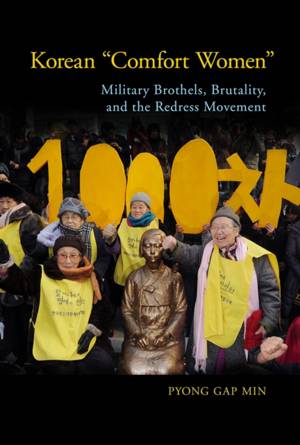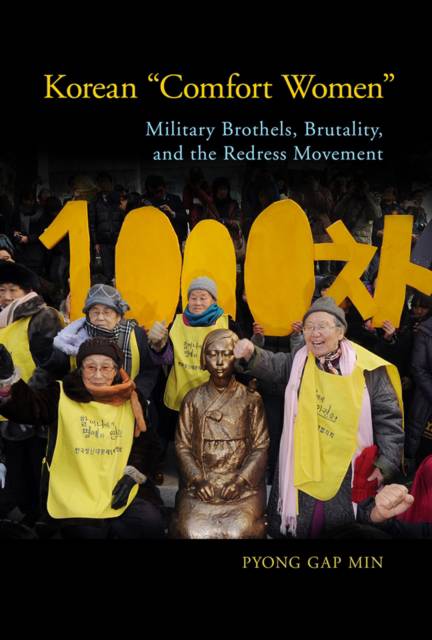
- Retrait gratuit dans votre magasin Club
- 7.000.000 titres dans notre catalogue
- Payer en toute sécurité
- Toujours un magasin près de chez vous
- Retrait gratuit dans votre magasin Club
- 7.000.000 titres dans notre catalogue
- Payer en toute sécurité
- Toujours un magasin près de chez vous
213,95 €
+ 427 points
Description
Arguably the most brutal crime committed by the Japanese military during the Asia-Pacific war was the forced mobilization of 50,000 to 200,000 Asian women to military brothels to sexually serve Japanese soldiers. The majority of these women died, unable to survive the ordeal. Those survivors who came back home kept silent about their brutal experiences for about fifty years. In the late 1980s, the women's movement in South Korea helped start the redress movement for the victims, encouraging many survivors to come forward to tell what happened to them. With these testimonies, the redress movement gained strong support from the UN, the United States, and other Western countries. Korean "Comfort Women" synthesizes the previous major findings about Japanese military sexual slavery and legal recommendations, and provides new findings about the issues "comfort women" faced for an English-language audience. It also examines the transnational redress movement, revealing that the Japanese government has tried to conceal the crime of sexual slavery and to resolve the women's human rights issue with diplomacy and economic power.
Spécifications
Parties prenantes
- Auteur(s) :
- Editeur:
Contenu
- Nombre de pages :
- 324
- Langue:
- Anglais
- Collection :
Caractéristiques
- EAN:
- 9781978814974
- Date de parution :
- 26-03-21
- Format:
- Livre relié
- Format numérique:
- Genaaid
- Dimensions :
- 152 mm x 236 mm
- Poids :
- 544 g







